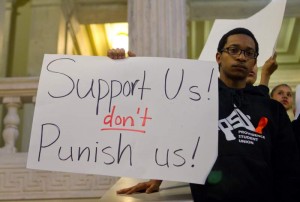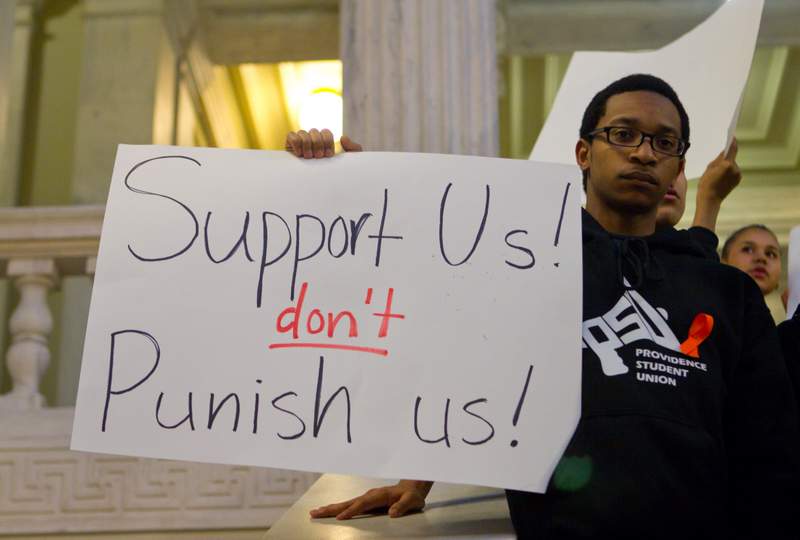
Education reformers in Atlanta have raised another potential concern with high stakes testing. The 2009 superintendent of the year and 34 Atlanta educators were indicted Friday for allegedly running a racket to change students’ answers on standardized tests so they would seem more proficient than they actually are.
I guess this is the superman we’ve been waiting for?
Eugene Robinson of the Washington Post doesn’t think so. He wrote:
It is time to acknowledge that the fashionable theory of school reform — requiring that pay and job security for teachers, principals and administrators depend on their students’ standardized test scores — is at best a well-intentioned mistake, and at worst nothing but a racket.
Standardized achievement tests are a vital tool, but treating test scores the way a corporation might treat sales targets is wrong. Students are not widgets. I totally reject the idea that students from underprivileged neighborhoods cannot learn. Of course they can. But how does it help these students to have their performance on a one-size-fits-all standardized test determine their teachers’ compensation and job security? The clear incentive is for the teacher to focus on test scores rather than actual teaching.
Similarly, Erika Christakis wrote this for Time.com:
Even if we eliminate all the cheating, what remains is a broken system built on the dangerous misconception that testing is a proxy for actual teaching and learning. Somehow, along the path of good intentions, testing stopped being seen as a diagnostic tool to guide good instruction and became, instead, the instruction itself. It’s as if a patient were given a biopsy, learned she had cancer, and was then told that no further medical treatment was necessary. If that didn’t sound quite right, we could just fire the doctor who ordered the test or scratch out the patient’s results and mark “cured” in the file.
She ended her piece by calling for “a little American-style civil disobedience.”
What if all the kids in America answered the multiple choice tests totally randomly, or simply left the bubbles blank? What would we do, then, with a whole country whose educational system “needs improvement?” That would certainly be a teachable moment.
Bob Houghtaling, a drug counselor in the East Greenwich school system, made a similar call for civil disobedience by students on this website Saturday.












